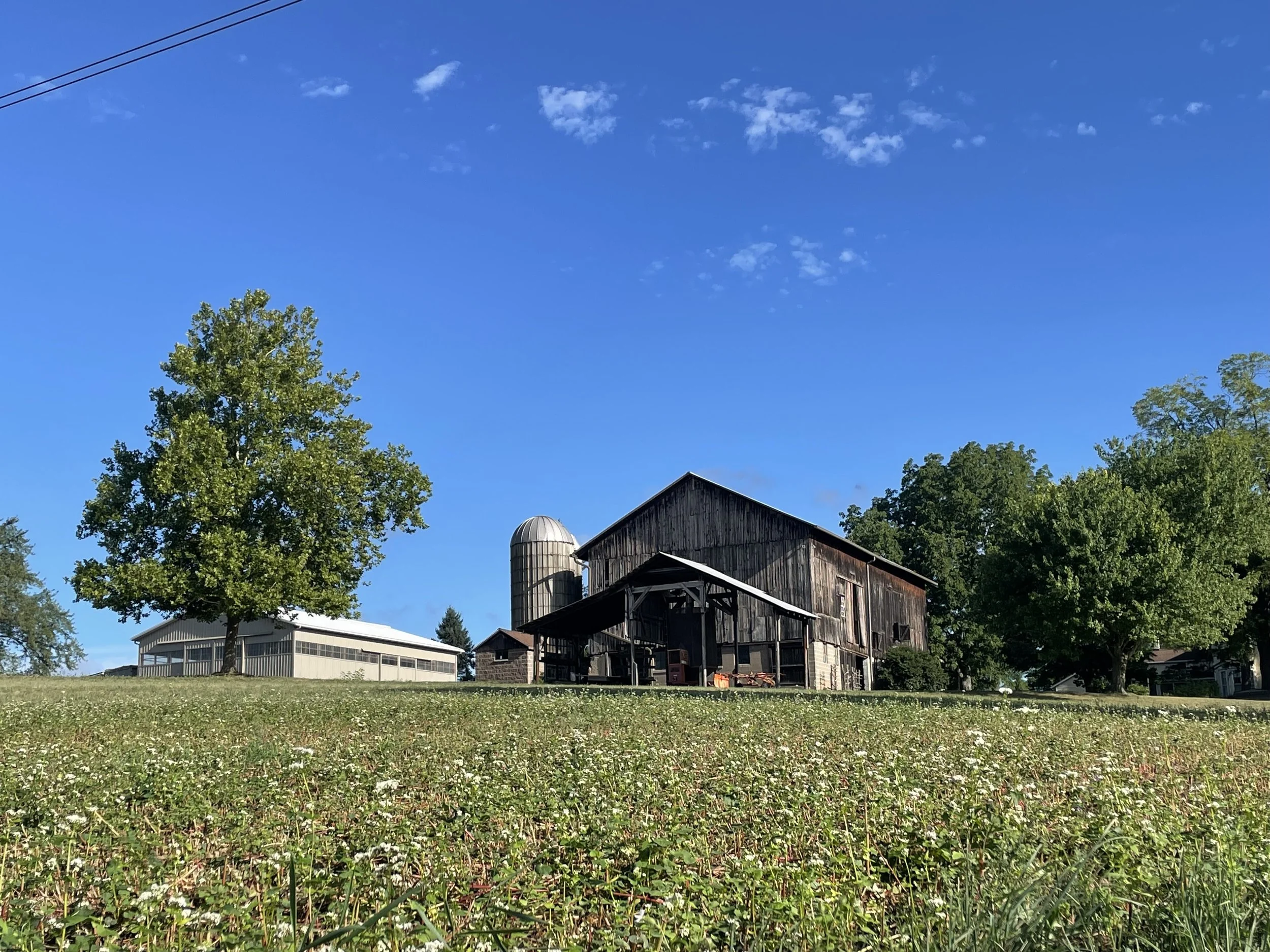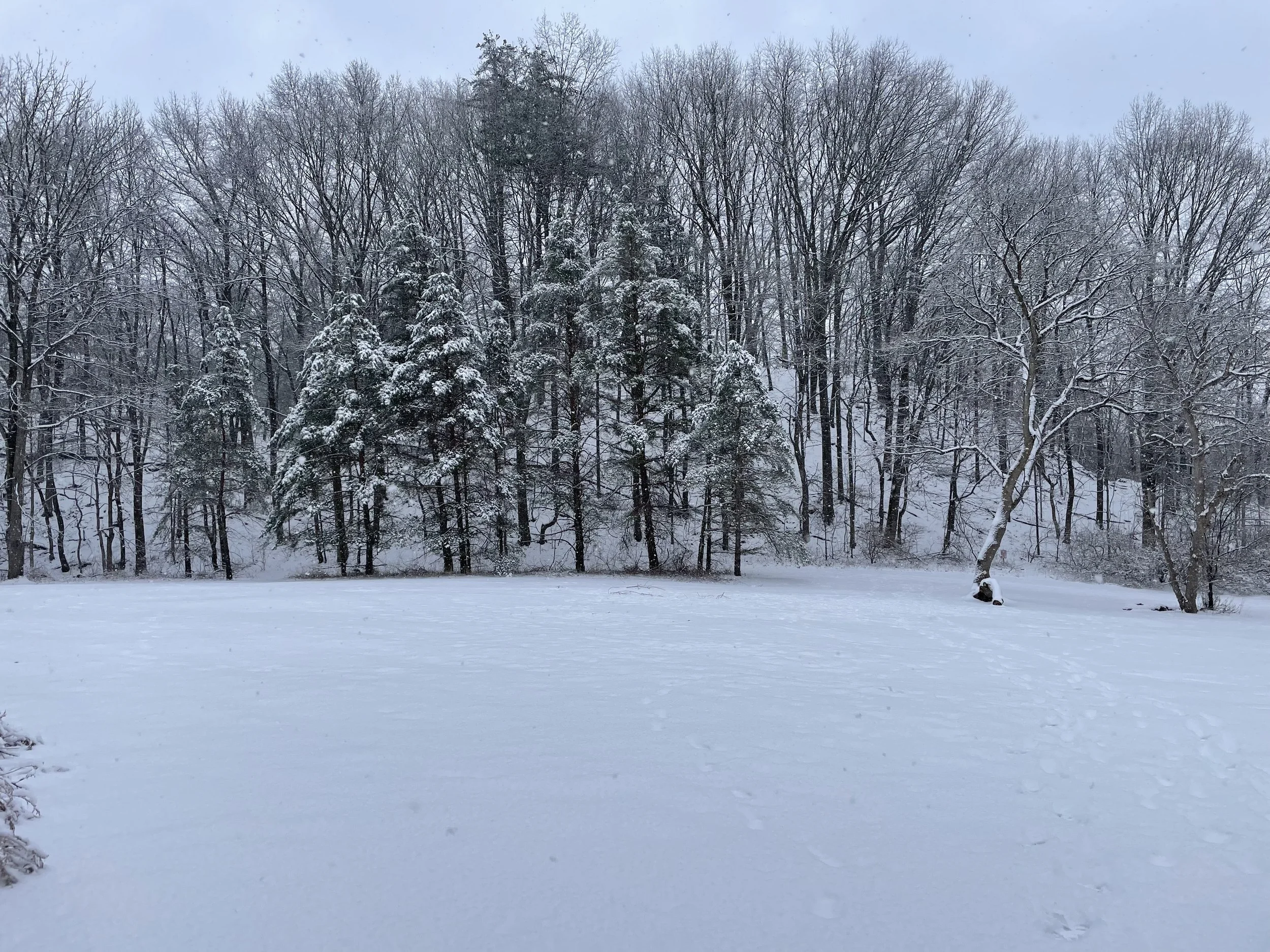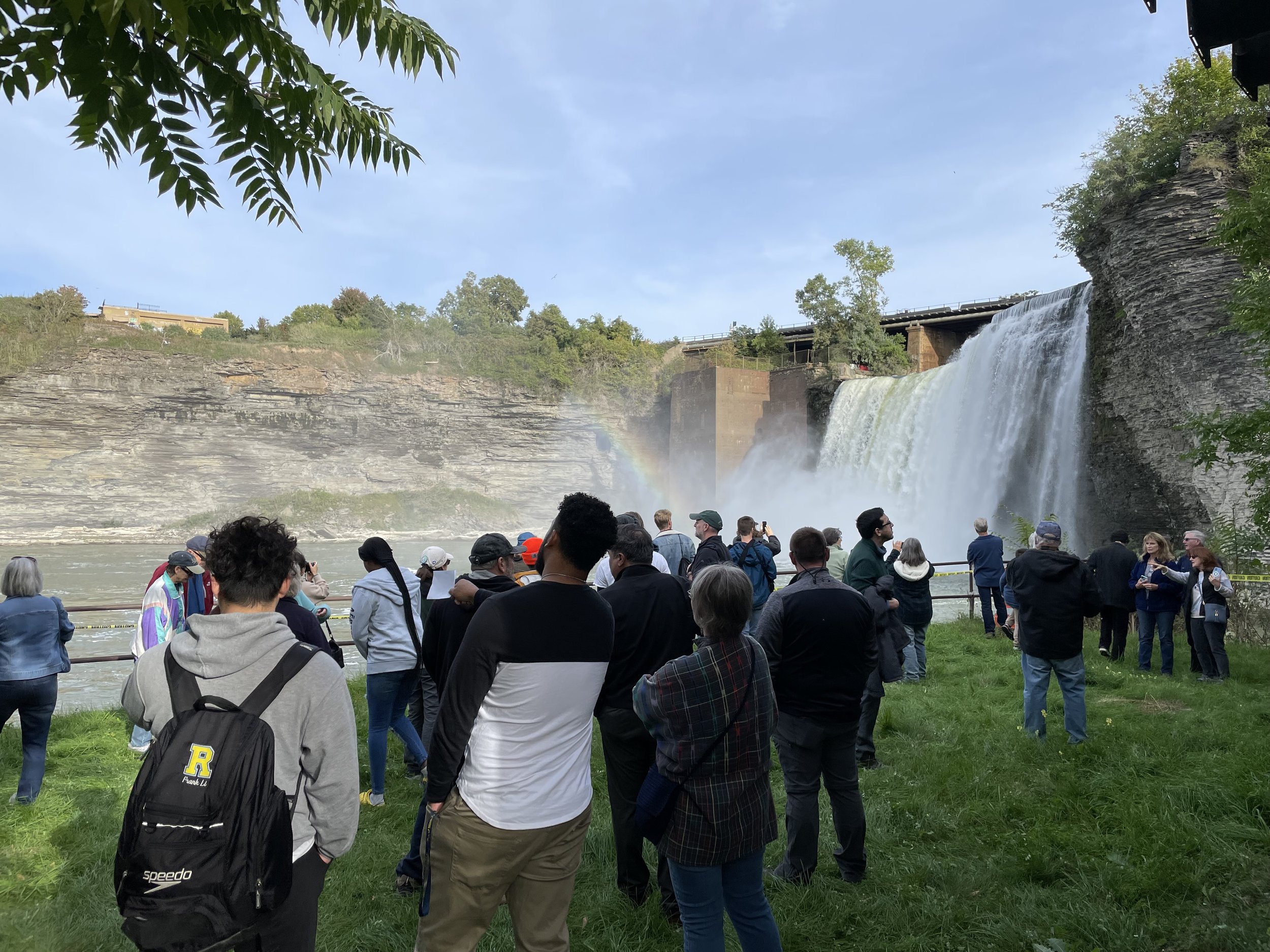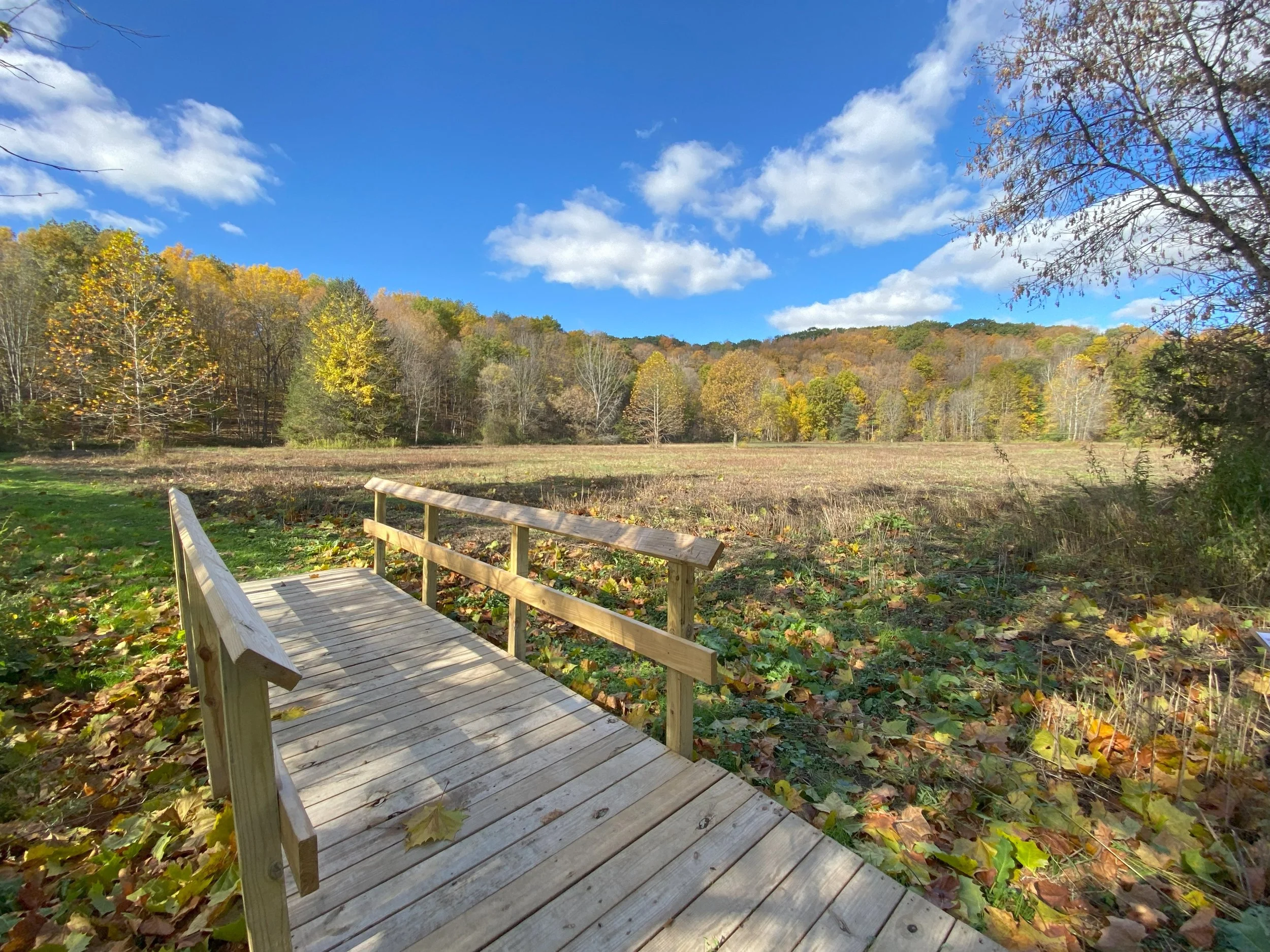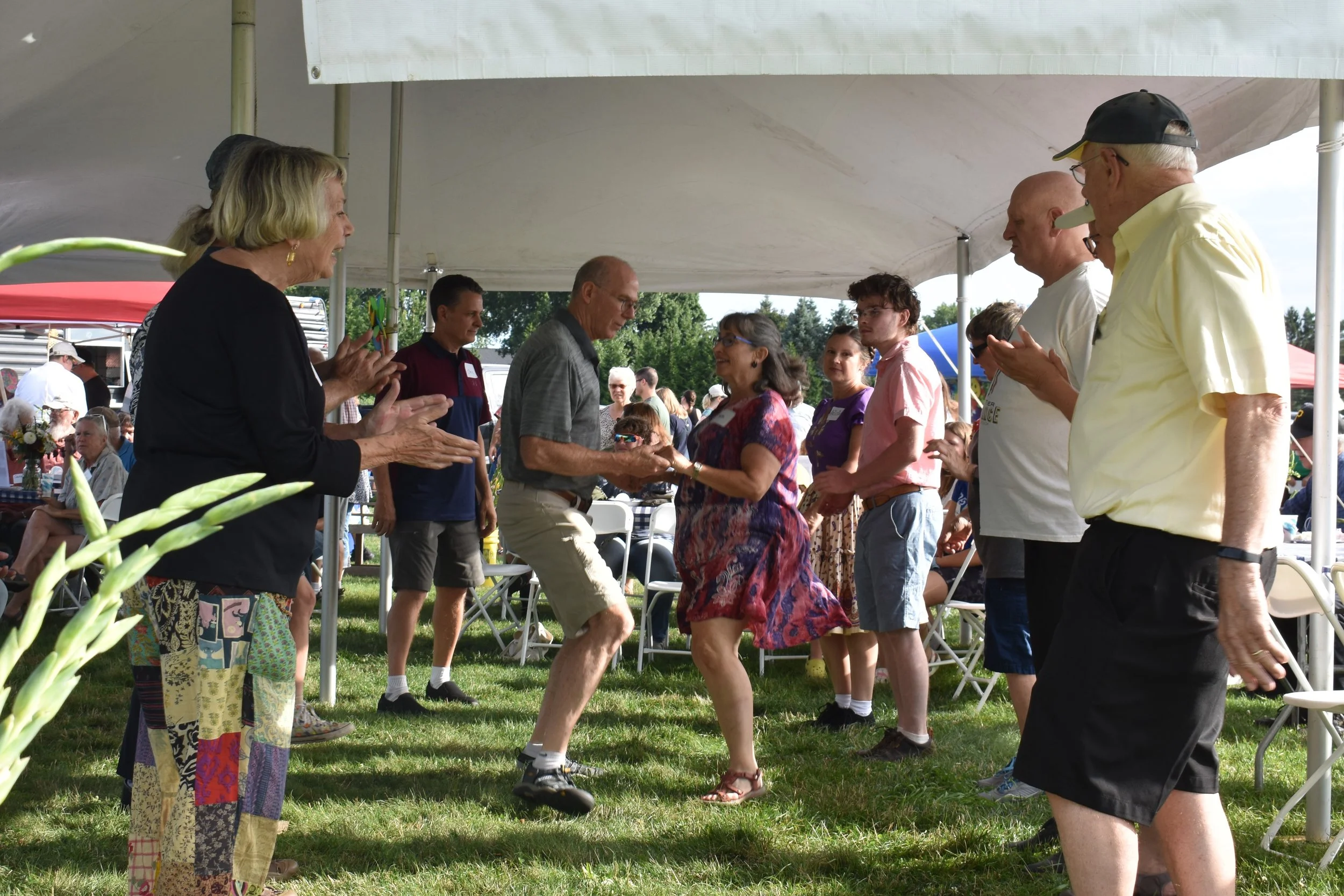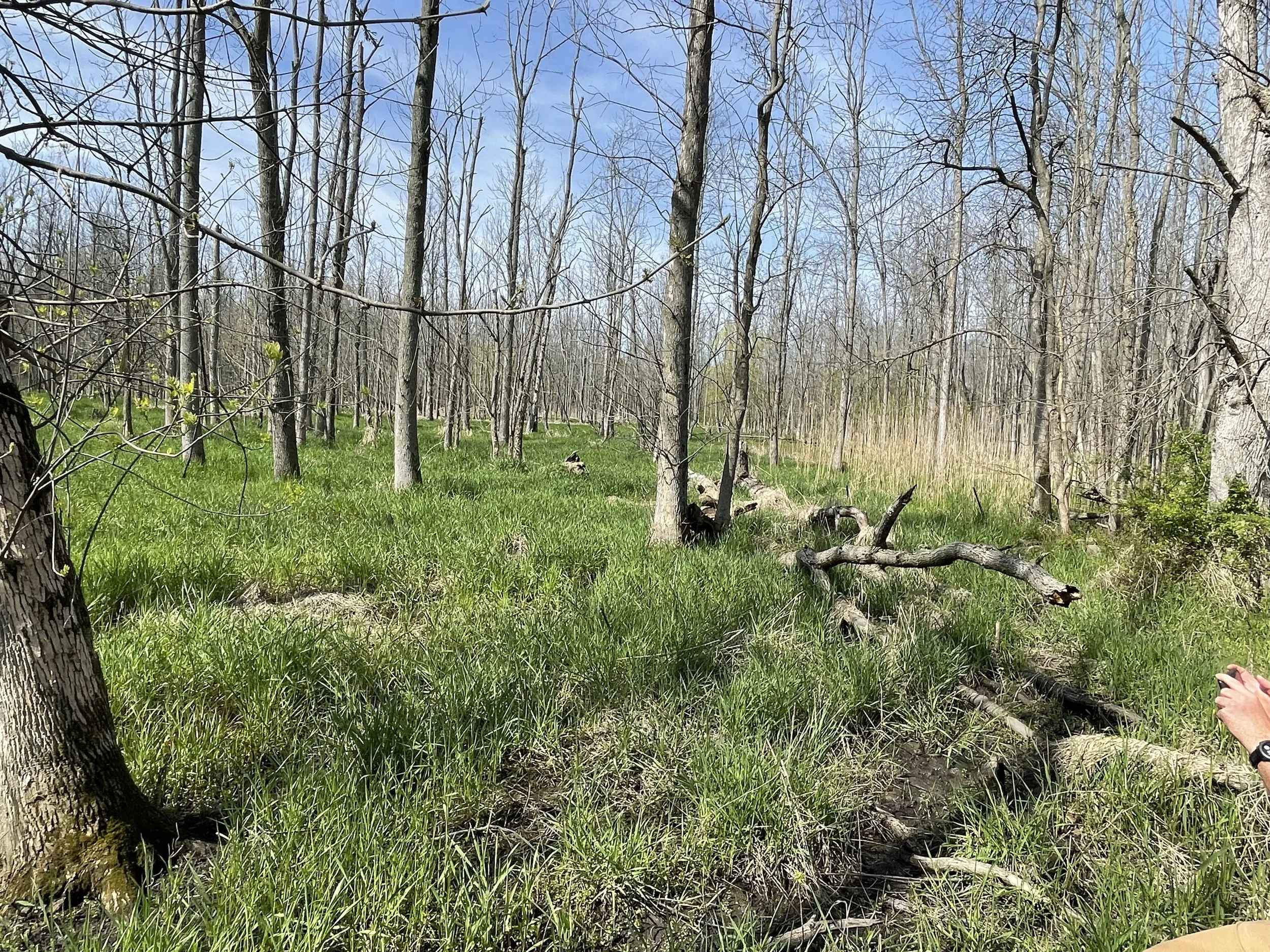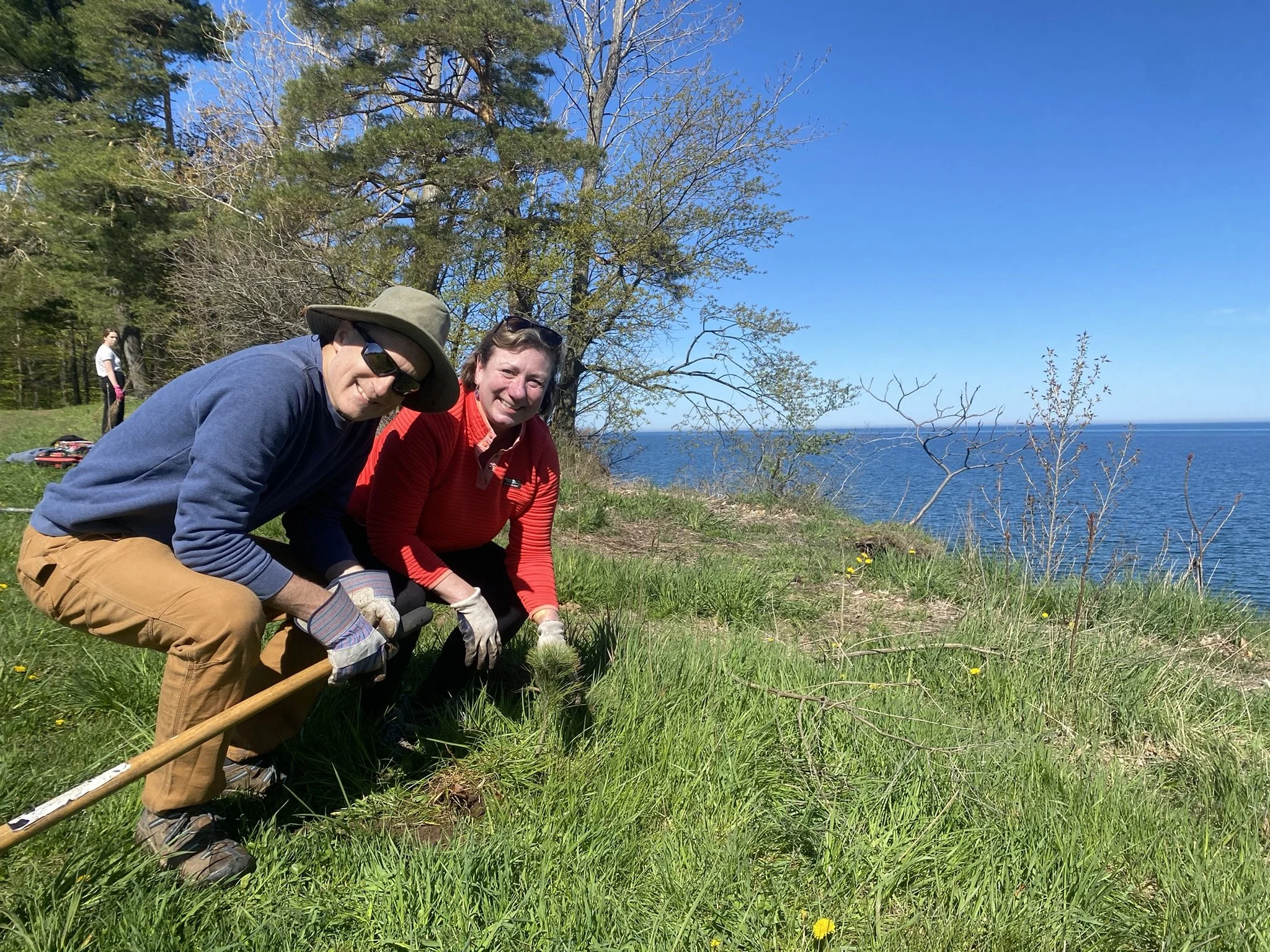“Farming has never been an easy job, and these days it’s getting harder for me and other farmers,” says Erin Bullock, founder of Wild Hill Farm in Bloomfield. “Due to all the weather changes, every year I feel like a first-time farmer again.” “
Just before Memorial Day, Erin sent an email to her 350 Consumer Supported Agriculture (CSA) members asking for help to overcome the challenges she’s already faced this season.
“We’re behind on planting due to the cold wet spring, and the weeds that have grown quickly in these conditions,” she wrote.
“Then the heat came, and yesterday’s rainstorms missed us completely so we’re running around getting irrigation on everything instead of planting…”
Adapting to Extremes
Erin is one of the thousands of farmers across our region working to keep their soil healthy and make food production sustainable in the face of a changing climate.
Higher temperatures and long droughts require expensive irrigation systems. Warmer winters aren’t killing invasive pests the way they used to. And extreme weather events can dramatically reduce crop yields, like last May’s late hard frost which damaged entire orchards of apples and grapes.
In recent years Erin has shifted her planting schedules, switched to hardier crop varieties, and now only grows tomatoes in high tunnels — also known as hoop houses.
Good Soil is Good Business
“Adapting my practices to keep this farmland healthy as the climate changes isn’t just good for the planet — it’s good for business,” Erin says. “Great soil produces great crops, and my customers want delicious, nutrient-rich, organic fruits and vegetables.”
Wild Hill Farm operates on “forever farmland” protected by Genesee Land Trust in 2016 with landowner Hank Stebbins.
Farmers on the Front Lines
“Farmers are on the front lines of climate change, and we know finding ways to keep agriculture viable isn’t easy,” says Amanda Grisa, our Farmland Protection Manager and a farmer herself.
Some of the farmers that have conserved their land with us have used some of the proceeds to invest in more sustainable practices. From organic vegetables to traditional crops like wheat, sustainable solutions are being implemented by more and more farmers every year.
Cover Crops Store Carbon
Bill Steimer, a long-time Land Trust volunteer and farmer in Chili, has focused on the health and protection of local farmland for decades.
To improve soil quality and reduce erosion, many years ago Bill started planting his fields in contour stripes and using cover crops (pictured above).
Cover crop roots prevent soil run-off during heavy rain, improve water retention, and restore important nutrients to the soil. They also help slow climate change by absorbing excess carbon dioxide from the air.
In 2023 Bill and his wife Audrey preserved their 132-acre farm on Reed Road.
“Local farms are vital to the future of our region and nation,” Bill says. “Land isn’t just a farmer’s life, it’s everyone’s.”
“Adapting my practices to keep this farmland healthy as the climate changes isn’t just good for the planet-it’s good for business.” - Erin Bullock









